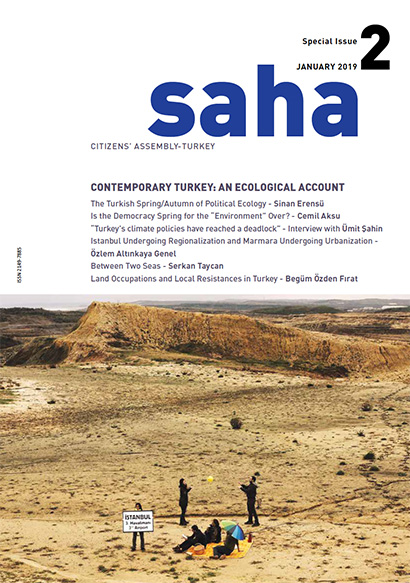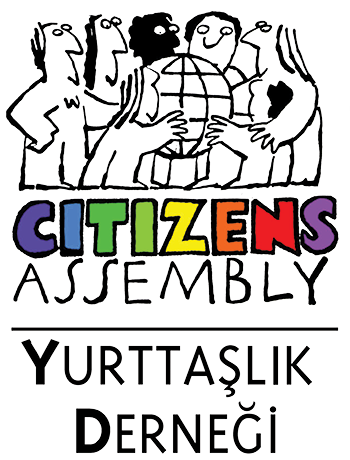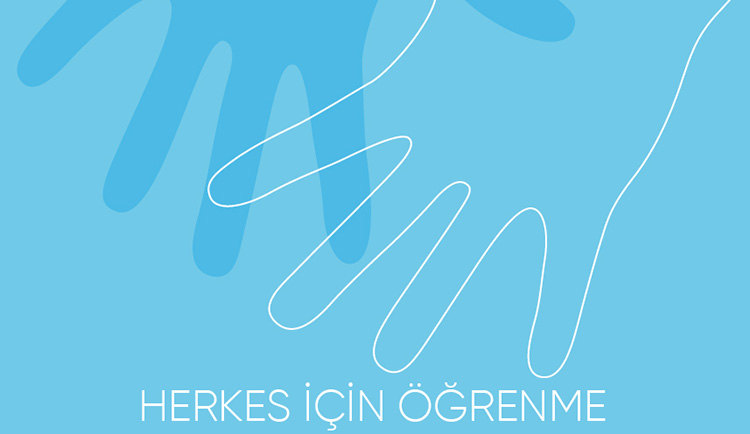
saha 2 : Contemporary Turkey: an Ecological Account
We talked of “the need for and effort towards being free of the state of eeriness and patchiness that seeps into every area of daily life” in the first issue of saha when describing the justification of its setting out on a path. We wanted to express that this widespread state of uncertainty and its political implications must be taken into consideration if the concept of citizenship is to be valorized once again in today’s world where its meaning has thoroughly faded. For as has probably clearly emerged in the time that has passed in between, a form of existence in which uncertainty has become the rule is carrying the global authoritarian wave to further heights. As a result, the values which the concept of citizenship once alluded to are disintegrating one by one. States of precariousness which ordinary people experience in all dimensions of social life from the struggle to make a living to immigration policies are opening the door to the curbing of freedoms, naturalization of inequalities and even the invalidation of the idea of equality as an ideal itself. Furthermore, this form of existence itself buttresses this rapid drift that is taking place in the person of authoritarian political figures.
While we often define the landscape that we face by focusing on the economic trajectory or political developments, the crisis which we are witnessing today is not limited to these two areas. We cannot understand the times we are living in without taking into account another crisis dynamic that thoroughly darkens the scenery and that perhaps renders even political and economic developments in a sense secondary; we are on the brink of ecological destruction. Likewise, the fact that the relation humans have established with nature produce destructive results now confronts us day by day through a series of manifestations: Forest fires that cannot be put out for months, increasingly frequent flood disasters, dramatic rises in sea levels and extreme weather events like hurricanes which at times raze even metropolises of the western world to the ground for example. It would be a mistake not to think that disasters of such kind which experts view as symptoms of the climate crisis becoming ordinary and therefore the ecological crisis becoming overt do not reinforce the anxieties and fears that color the times that we live in.
On the other hand, we are also witnessing the intensity of the reaction to this course of events rise day by day. It is even possible to say that the intellectual, political and administrative progress in the ecology field is in large part a product of this civil reaction. If it weren’t for the social movements large and small spread out across the four corners of the earth, researchers who fight the denialism in their own fields, journalists who persistently follow what the mainstream media refrains from observing and non-governmental organizations, the agenda that we have been discussing in this area would probably not be this wide. Else, a section of governments that are dragging their feet notwithstanding, summits where the future of the globe is put on the table would not be organized. It is possible to read this patient effort itself as a different kind of response to the uncertainty of the moment and as a way of rethinking and rebuilding citizenship today.
In light of all of these, the second special issue of saha focuses on Turkey in the 2000s and this time aspires to produce a balance sheet from the ecological perspective. It would no doubt have been impossible to analyze from start to finish this period in which the country went through a rapid and dramatic transformation. Therefore, we rather tried to provide an introduction to the discussion in this field, present the cornerstones of the debate and by such means transmit part of what has accumulated in the context of Turkey to the reader outside of the field, in hope of playing a part that will prove conducive of learning what we have left incomplete and what we have not sufficiently considered in our search for a freer country and world.





